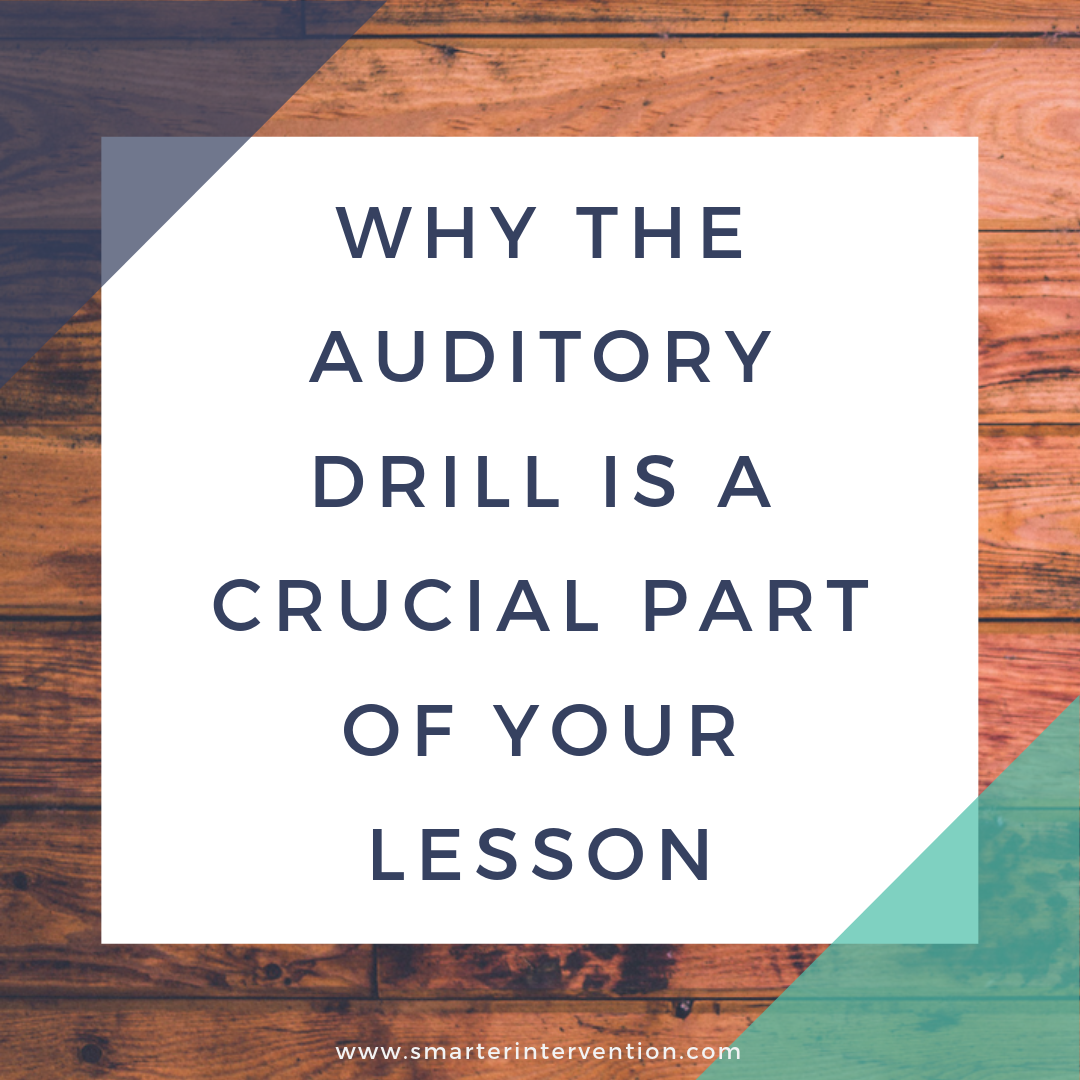Science-based literacy resources and articles
for families, educators and schools
Search by Category:
Categories
- Advocacy
- Authentic Literature
- Business
- Comprehension
- Data Tracking
- Differentiation
- Dyslexia
- Evaluation and Assessment
- Executive Functioning
- Games & Activities
- Helping My Child At Home
- How To
- IEP/504 Plan
- Lesson Planning
- Math
- Online Intervention
- Organization
- Parents
- Phonics
- Phonological Awareness
- Reading Comprehension
- Reading Fluency
- Research
- SLP
- Spelling
- Vocabulary
- Writing
How to Support Spelling - Scoop Spelling Strategy
We are so excited to share this resource with you today! Scoop Spelling changed my life! This strategy brought such relief to my students who struggled to spell multi-syllable words correctly and instantly boosted their confidence! This strategy is so simple to use!
First, make sure that your students are solid on syllabication; what syllables are and how to count them. This knowledge is the key to Scoop Spelling. If a student knows or can hear how a word breaks apart into syllables, then they can Scoop Spell!
How to Teach Spelling
Alright friends, many of you have been asking us this question and we’re excited to share exactly how we teach spelling to our struggling readers and writers!
Here’s the truth - spelling is tricky!
And it’s usually one of the last abilities to fully progress for our struggling students. We tell students and parents that we expect growth to evolve in phases. We typically start at the sound level (making sure that students can associate sounds to letters), then we move up to the syllable level, then to the word level, phrase level, sentence level, and then finally the passage level.
How Phonological Awareness & Spelling Connect - Intervention Tip of the Week
Today we wanted to share a quick intervention tip on using a Phonological Awareness strategy - specifically Phoneme Segmenting (or segmenting words into sounds) and how phoneme segmenting supports spelling.
How to Teach the oa/oe Spelling Rule
Vowel teams can be tricky for students, but we have found that teaching them in this way has made a massive difference. Keep reading for ideas for teaching the OA/OE vowel teams!
Why the Auditory Drill is a Crucial Part of your Lesson
So often, I meet or talk to an interventionist who is leaving out one of the most critical parts of their lesson. Usually, it is because it only takes a few minutes, is similar to other pieces of the lesson, and just gets overlooked. This is doing such a disservice to our students, because without this crucial aspect, their reading intervention is not building a strong enough foundation. This critical piece is the Auditory Drill.
Consonant LE Syllables - The Reading and Spelling Rules No One Ever Taught You
Here we are with our last syllable type! If you’ve been with us since the beginning of this series you’re all caught up on the crazy reading and spelling rules you may have never heard of - we certainly hadn’t. If you missed learning about all the spelling rules with the other syllable types - go back and check them out!
Closed Syllables - The Reading and Spelling Rules That Nobody Taught You
Closed Syllables are the first of the syllable types that we teach to our students. Within this syllable type we cover the -ck, FLOSS, -tch, and -dge phonograms as well as the 1-1-1 doubling rule. Do you know all of these rules? Click through to find out!
The Best Strategy When Spelling Words Aren't Sticking...
As a parent, it can be incredibly frustrating to watch your child struggle through the weekly spelling word lists. Depending on what type of list is coming home this can be pure torture.
Hopefully your child is receiving a patterned list that follows one concrete pattern like "Magic E" in which you might get a list including words such as take, home, sale, date, note, etc. or words that follow more complex patterns like night, sight, sleigh, neighbor in which "igh" says I and "eigh" says A.
Important Foundations for Successful Reading & Writing: Phonological Awareness
We wanted to dive into some of the core components of literacy (reading and writing) in order to help you, as parents, continue to support your children in developing solid literacy foundations at home. We know there is a lot of jargon surrounding the field of education so we want to try and break that down for you.
What To Do When Spelling Rules Don't Stick
So we know that teaching students spelling rules in a systematic and cumulative (organized and building on itself) approach is the best way to make meaningful spelling gains. However, even with the best instruction we often see skills fall apart when they need to be applied at a higher level.











